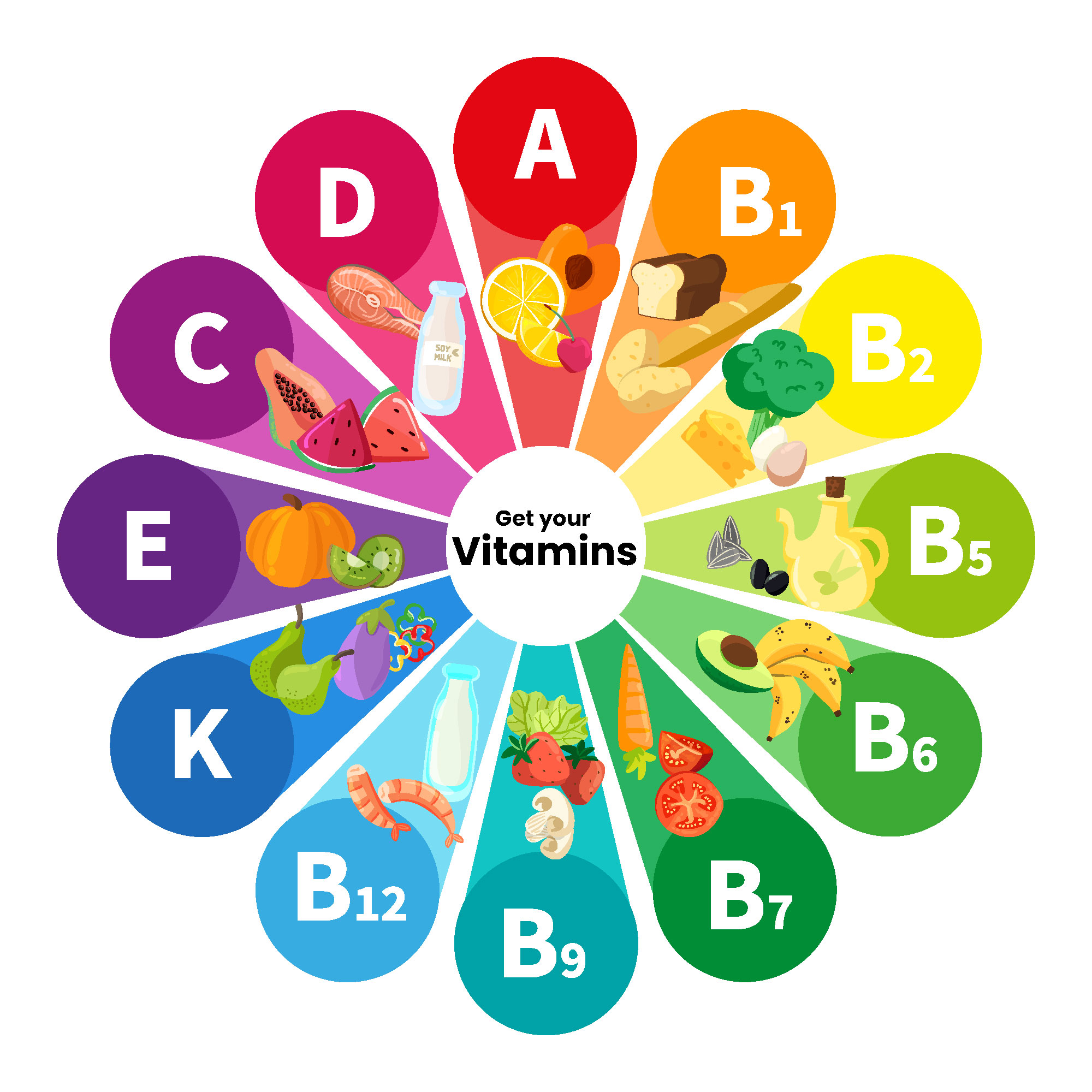Nutrigenomics and Nutrigenetics are a mystery to most nutritionists. They are two concepts that have grown a lot in recent decades.
Content
ToggleWhat is Nutrigenomics?
Nutrigenomics is the area of nutrition that studies how diet can influence the genome of individuals or population groups. In other words, it seeks to understand how food interferes with our DNA.
The subject began to develop as a result of the Human Genome Project, an extensive scientific study which, in 2003, managed to sequence the nitrogenous bases of human DNA almost completely. From these studies, attempts were made to discover how each person’s set of genes is influenced by environmental factors, including diet.
It is now known that this influence occurs at different levels. The first happens at the fetal stage: while still in the womb, the child begins to have its first gene-nutrient interaction. That’s why nutritional care during pregnancy is so important.
The second level is during the first year of life, when a congenital error of metabolism (i.e. a failure of the organism from birth) makes the child’s food intake an important factor in the state of health or illness.
The third level, finally, occurs due to certain diseases, caused by long and frequent exposure to the same type of diet.
So it’s clear that nutritionists need to have a thorough understanding of this subject, because the menu is an important way of providing people with health and well-being.
What is Nutrigenetics?
Nutrigenetics can be considered a complement to Nutrigenomics. It studies how DNA and genetic variations (called polymorphisms) respond to eating habits.
Thus, this is the main difference between the two sciences: while Nutrigenomics addresses how food compounds act on DNA, Nutrigenetics seeks to understand how genes react to these compounds.
The main objective of Nutrigenetics is to make recommendations, listing the reasons for each individual to eat or not eat certain foods. Remember that these guidelines are unique, as people have different genomes.
How are Nutrigenomics and Nutrigenetics related?
Now that the concepts and differences are clear, it’s easy to understand how the two sciences are related.
Since each individual has a genetic variation that can predispose them to certain diseases, it will be up to Nutrigenomics and Nutrigenetics, with the guidance of nutritionists, to investigate how to prevent such illnesses.
How can Nutrigenomics and Nutrigenetics be used in clinical practice?
When a patient comes for a clinical consultation, it is common for them to report the most varied complaints, from how they eat to possible physical signs and symptoms.
With a thorough knowledge of Nutrigenomics and Nutrigenetics, you can ask them to take a genetic test, which will indicate which foods are ideal and which should be avoided in the diet, all according to the patient’s DNA.
A good food to use as an example is coffee and functional drinks. A few years ago, research showed that certain people are more likely to have heart problems if they consume caffeine frequently.
According to the studies, carriers of versions of the MTHFR gene, which causes a slower metabolism of caffeine, are more likely to develop heart disease than carriers of another version of the same gene, which ensures an accelerated metabolism of the substance.
Another example is the possible relationship between high-fat foods and the onset of type II diabetes. According to the studies, specific variations in genes that act to regulate blood glucose levels can be modulated by a diet full of lipids.
We can thus see that Nutrigenomics and Nutrigenetics are important in clinical practice, because with a more personalized nutritional treatment, the tendency is for strategies to prevent or treat diseases to become more assertive. The result is a healthier population with an even longer life expectancy.
How does genetic testing take place?
The genetic test is carried out in a laboratory by taking cells from the cheek, so it is not invasive at all. For ethical reasons, the patient chooses which results they want to know.
In the nutritional area, genes are tested that mainly affect:
- Carbohydrate sensitivity, i.e. how the body responds to different types of carbohydrates.
- Sensitivity to salt.
- Sensitivity to saturated fat, i.e. the body’s ability to absorb and metabolize ingested fat.
- Sensitivity to caffeine.
- Lactose intolerance.
- Response to alcohol.
- Neutralization of free radicals.
- Natural inflammatory response, defining the need for Omega-3.
- Need for Vitamin B and Vitamin D.
- Predisposition to celiac disease
Conclusion
Given everything we’ve seen, we can see that Nutrigenomics and functional foods can form an excellent duo in disease prevention.
As you know, a functional food is one that brings benefits to the body beyond its basic nutritional functions. This is because it contains compounds that can improve metabolic performance or even prevent illness. Most of them are found in teas, vegetables, fruit, whole grains and fish.
For these foods to have this good effect, it is essential that they are consumed regularly and that they are included in a balanced diet. Only then will they bring the expected benefits.
Thus, with the studies carried out by Nutrigenomics on the action of functional foods on human DNA, the trend is for the subject to evolve and improve the clinical practice of nutritionists, especially in relation to disease prevention and treatment.
Talk to your trusted nutritionist about it.



